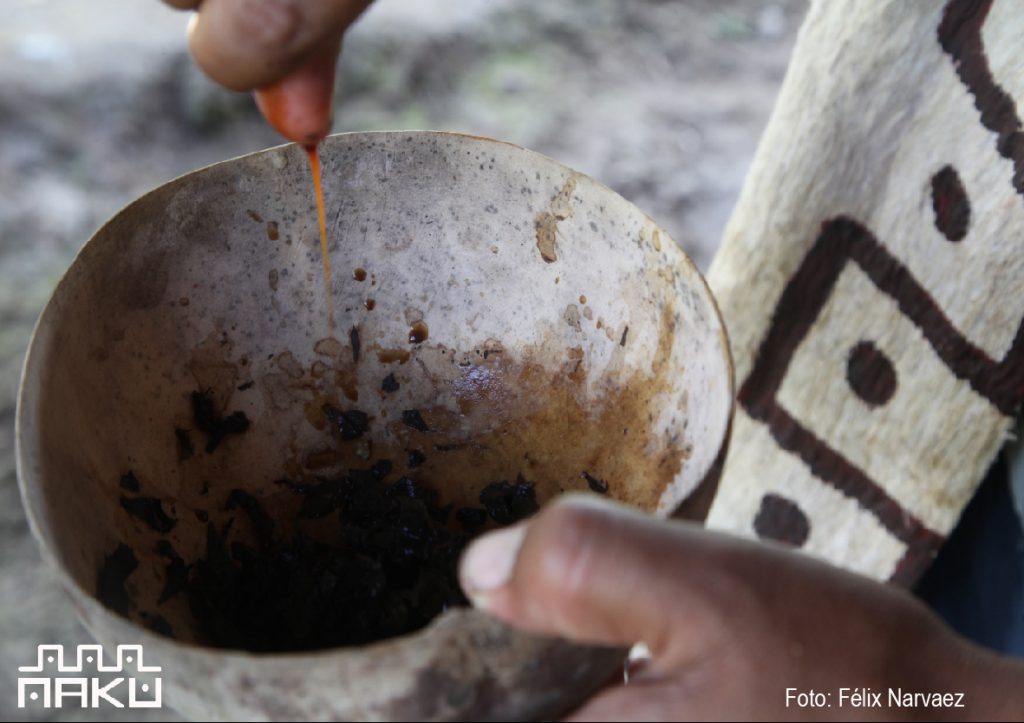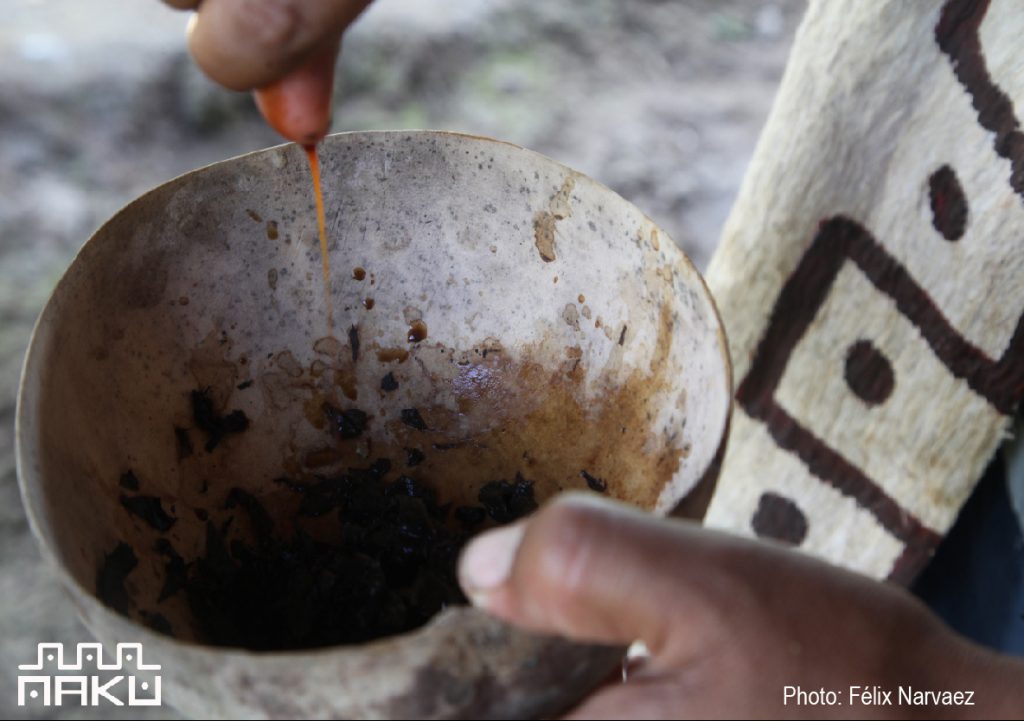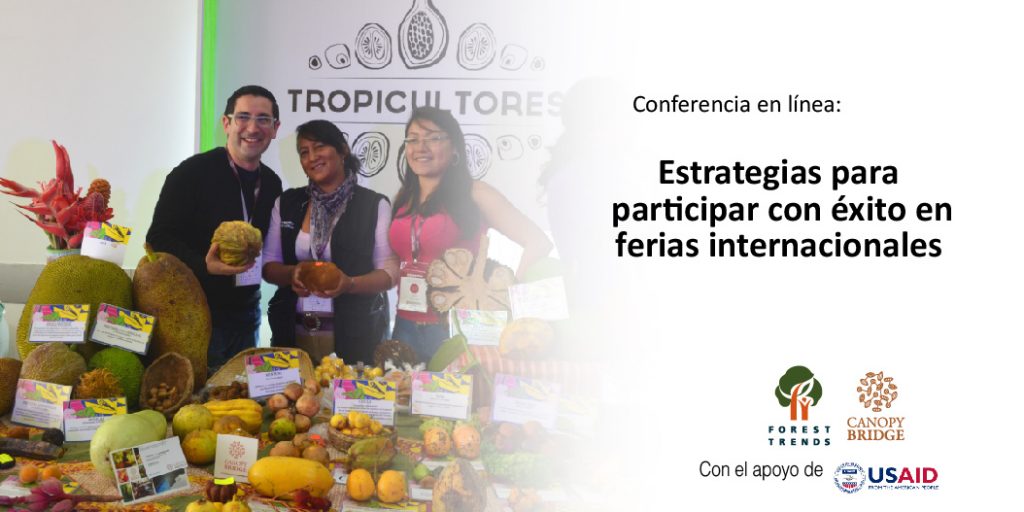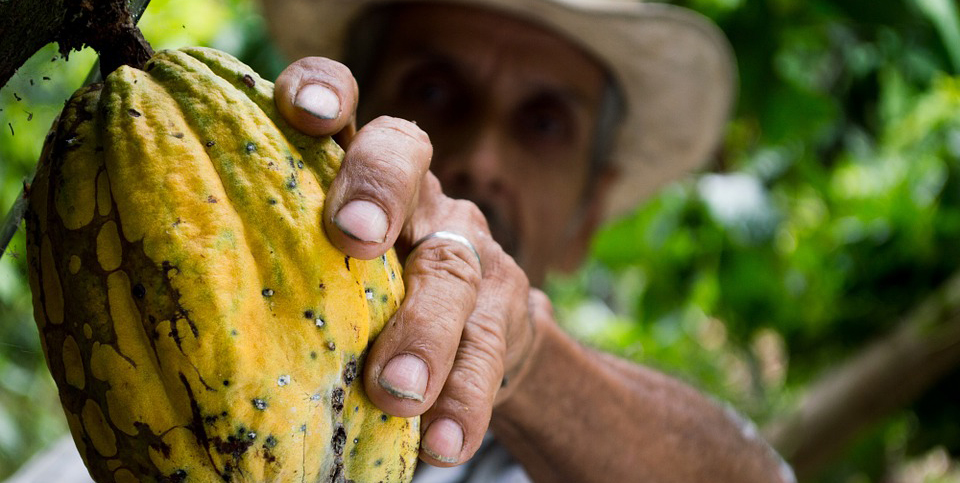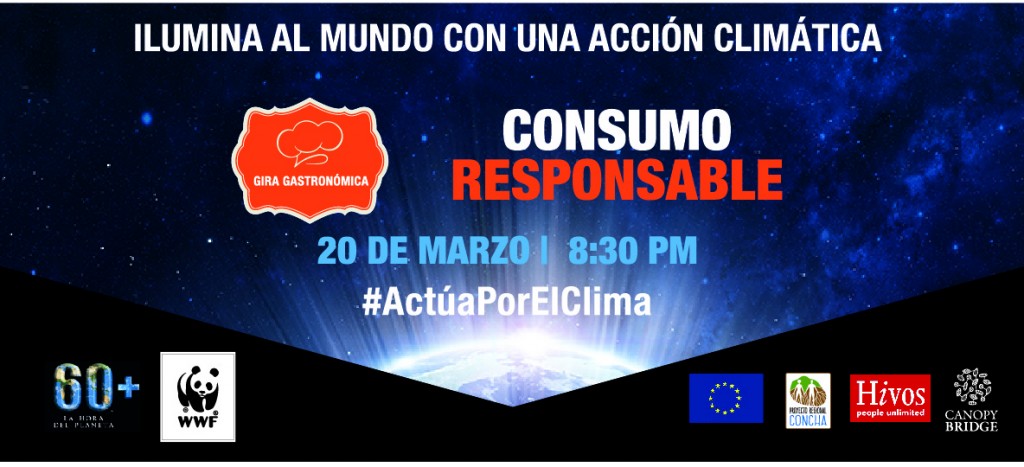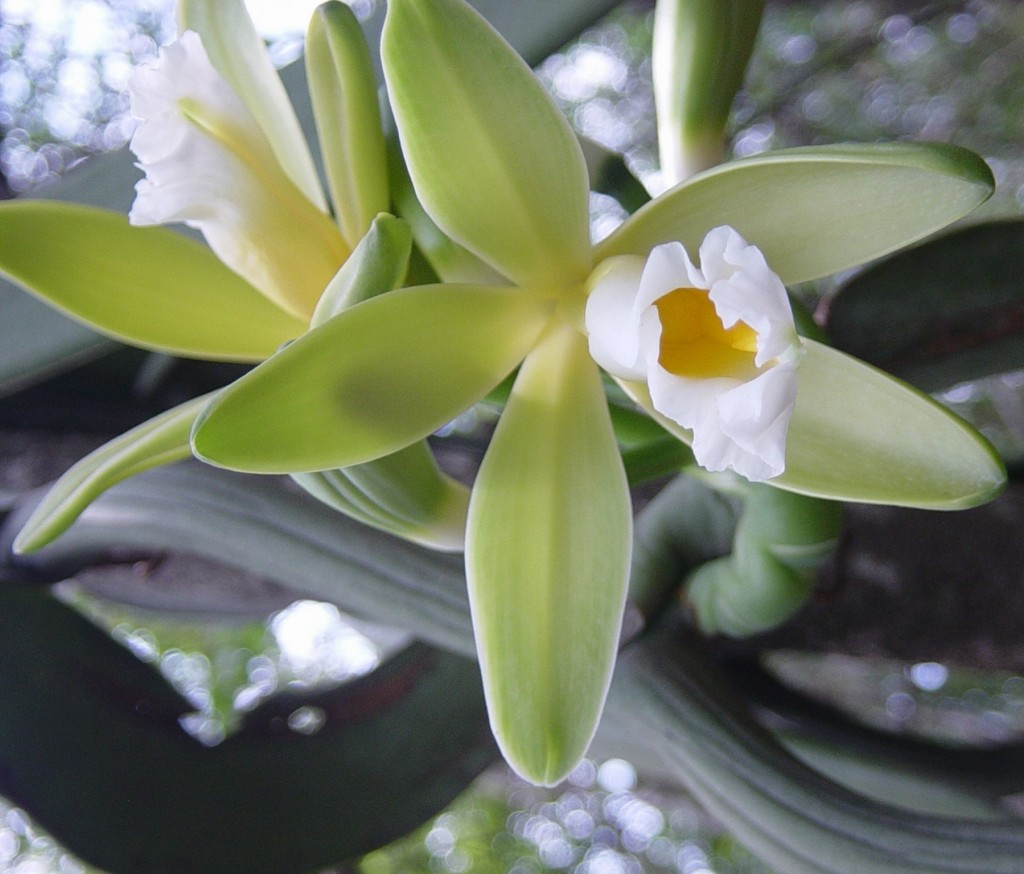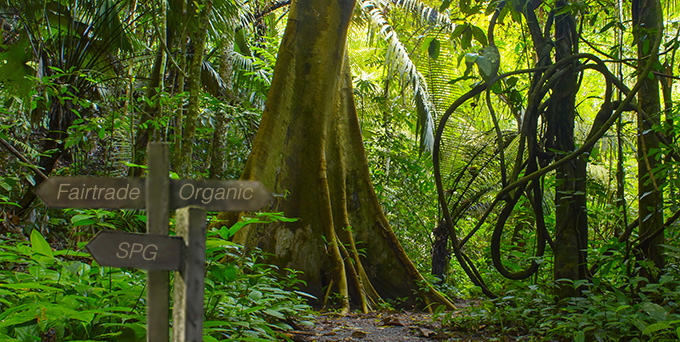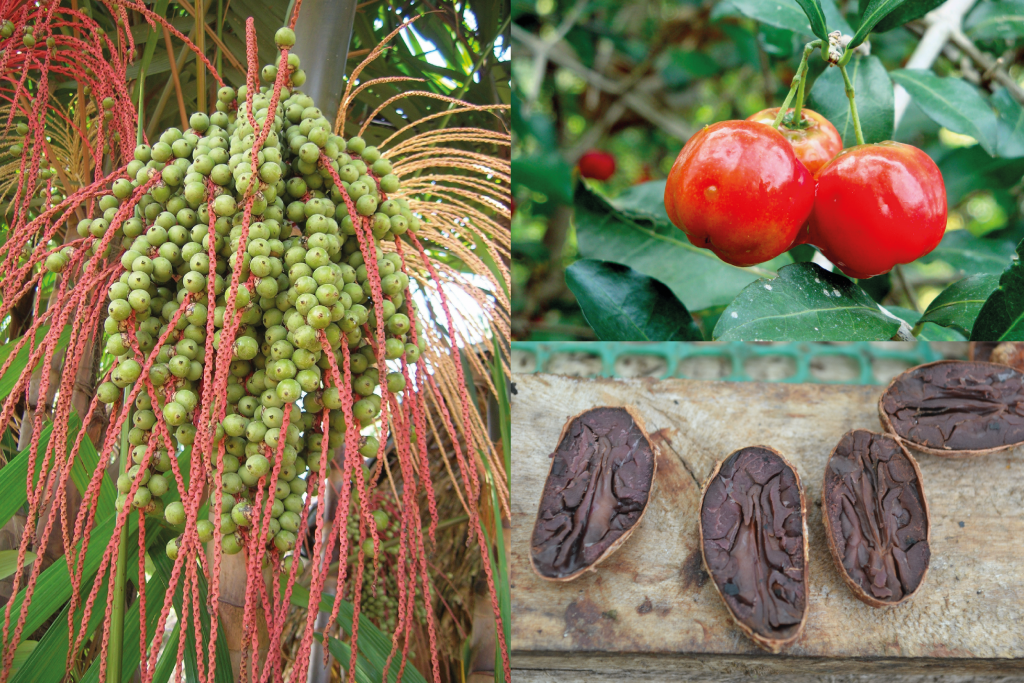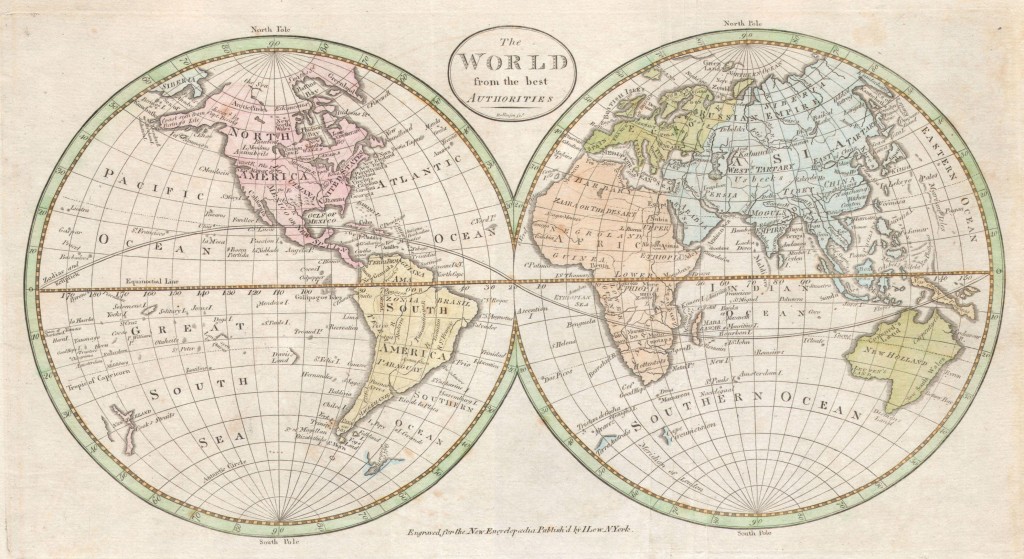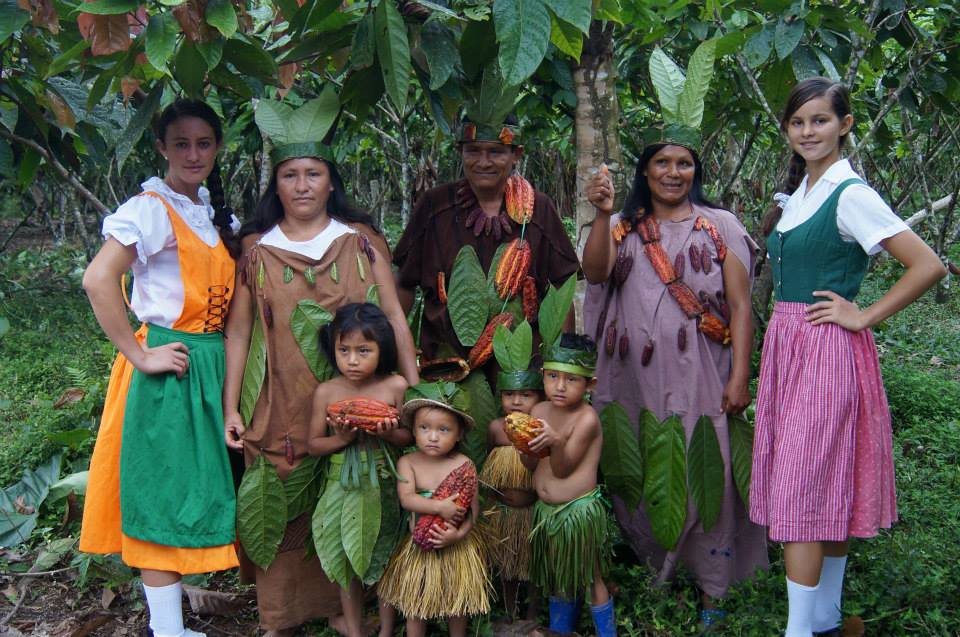By Karina Bautista Queremos compartir emocionantes buenas noticias: Una gama de inspiración desde diversas iniciativas sostenibles de México, El Salvador, Guatemala, Venezuela, Brasil, Ecuador, Colombia y Perú, llegó a Canopy Bridge en respuesta a nuestro llamado a encontrar iniciativas innovadoras de sostenibilidad en la región. Desde nuez Maya y nuez de Castaña, a hostales […]
Innovación en sostenibilidad desde toda América Latina: Los ganadores de nuestro concurso
